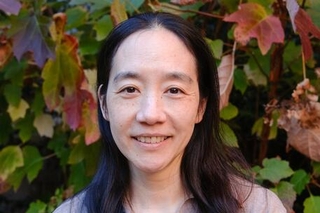Biographical Sketch:
Peter Parker received his B.A. from Amherst College and Ph.D. from Caltech. He was a Yale faculty member from 1966 until his retirement in 2013.
Research:
Prior to coming to Yale, Prof. Parker received his B.A. in Physics as a National Science Foundation Fellow from Amherst College, and Ph.D from Caltech in 1963. Following that, he held a postgraduate position at Brookhaven National Laboratory, and then joined the Yale faculty in 1966. Prof. Parker studied nuclear processes that generate the chemical elements in the sun and other stars, including explosive nucleosynthesis. His work helped prove that neutrinos undergo oscillations while traveling from the sun to Earth, a discovery that indicated neutrinos are not massless. In recent years, he participated in the Large Underground Xenon (LUX) experiment that aims to detect the elusive particles of Dark Matter. This work was carried out at the Wright Nuclear Structure Laboratory (WNSL, now Wright Laboratory), which he helped make one of the leading laboratories in the world for studies in nuclear structure and nuclear astrophysics.
Parker served as both Associate Director and then Director of the WNSL and led the Ph.D. theses of 26 students on nuclear studies with astrophysical implications, many of them now in leading positions in universities and laboratories worldwide. Among his many services to the Physics department, Parker was a DUS for two long terms quite far apart—from 1973-1984 and from 2007–2013, and Chair of the FAS Review committee (2008–2013).
Education:
Ph.D., Physics, 1963, Caltech
Honors & Awards:
Prof. Parker was selected as an Outstanding Referee of the Physical Review and Physical Review Letters Journals as chosen by the journal editors for 2011. He is a Fellow of the American Physical Society, and received the Yale Graduate School Mentoring Award in Natural Sciences in 2006.
Selected Publications:
